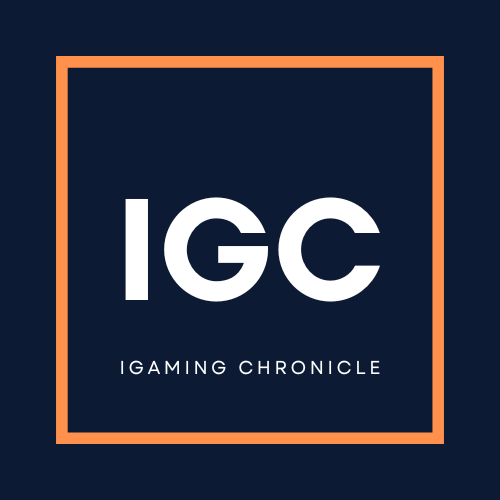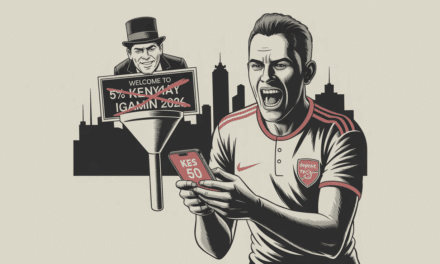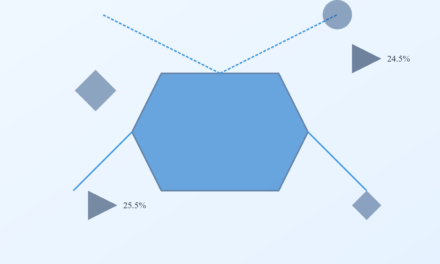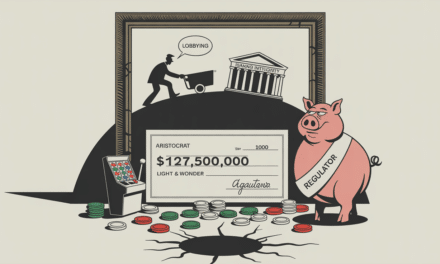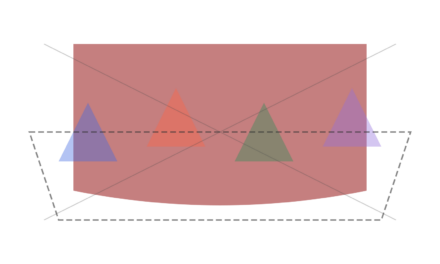Florida’s legislative landscape is shifting again, and the iGaming industry is watching closely. Two pre-filed bills—HB953 and SB1404—signal a fresh crackdown on online gambling, with lawmakers aiming to tighten the state’s already firm grip on the sector. As the March 4th session nears, these proposals raise questions about the future of sweeps, tribal compacts, and the broader digital gaming ecosystem. Here’s what’s at stake.
Focus on Bill HB953 from Webster Barnaby
Representative Webster Barnaby’s House Bill 953 takes aim at “Internet gambling” and “Internet sports wagering,” expanding Florida’s gambling prohibition under Section 849.08 to cover online casino-style games. Slots, poker, table games—if they involve chance and are accessible online, they’re in the crosshairs. The bill casts a wide net, targeting operators, payment processors, and affiliates with a third-degree felony charge: up to five years in prison and a $5,000 fine. The Seminole Tribe’s gaming compact, however, gets a free pass, leaving room for speculation about bigger plans. For an industry already navigating tight regulations, HB953 feels like a bold move—perhaps less about public safety and more about redirecting revenue streams. iGaming leaders might see it as a signal to rethink their Florida strategy.
Bill SB1404: a Former NFL Player in Court
Senator Corey Simon, a former NFL standout, steps into the legislative arena with Senate Bill 1404, mirroring HB953’s goals. It targets the same online gambling activities, defining them broadly to include any game of chance offering money or value on a mobile device. Like its House counterpart, it slaps a third-degree felony on operators, promoters, and financial handlers—five years and $5,000 in penalties. The Seminole Tribe, predictably, remains exempt. Simon’s shift from sports to lawmaking brings a notable angle, though some wonder if this push aligns more with tribal interests than a personal crusade. For smaller iGaming players, it’s a tough hit, potentially sidelining them while bigger forces maneuver.
What Future for Sweeps in Florida?
Sweepstakes casinos, long a clever workaround in Florida’s gray areas, face an uncertain fate under these bills. HB953 and SB1404 leave little room for “free play” loopholes—if it resembles gambling, it’s treated as such. Operators who’ve thrived on this model could see their businesses unravel, with felony risks replacing profit margins. Meanwhile, the Seminole Tribe stands to gain, possibly through an amended compact granting statewide online casino control. The 2021 precedent—felony upgrades for sports betting tied to a Tribal deal—looms large, suggesting a repeat performance in 2025. iGaming professionals must now weigh their options: adapt, retreat, or brace for a Seminole-dominated landscape.
Key Information to Remind
- Bills in Play: HB953 and SB1404 both target “Internet gambling” and “sports wagering,” including casino-style games online.
-
Penalties: Third-degree felony—up to five years in prison and $5,000 fines—for operators, vendors, and affiliates.
-
Seminole Exemption: The Tribe’s compact is excluded, hinting at potential exclusivity deals.
-
Sweeps Impact: Sweepstakes models could be effectively banned under the bills’ scope.
-
Historical Echo: 2021 tied felony upgrades to a Tribal compact—2025 might follow suit for iGaming.
-
Industry Stakes: Operators face a critical choice: adapt or exit as the field shifts.
Disclaimer: Artificial intelligence tools may have been used to refine this content and any images,
